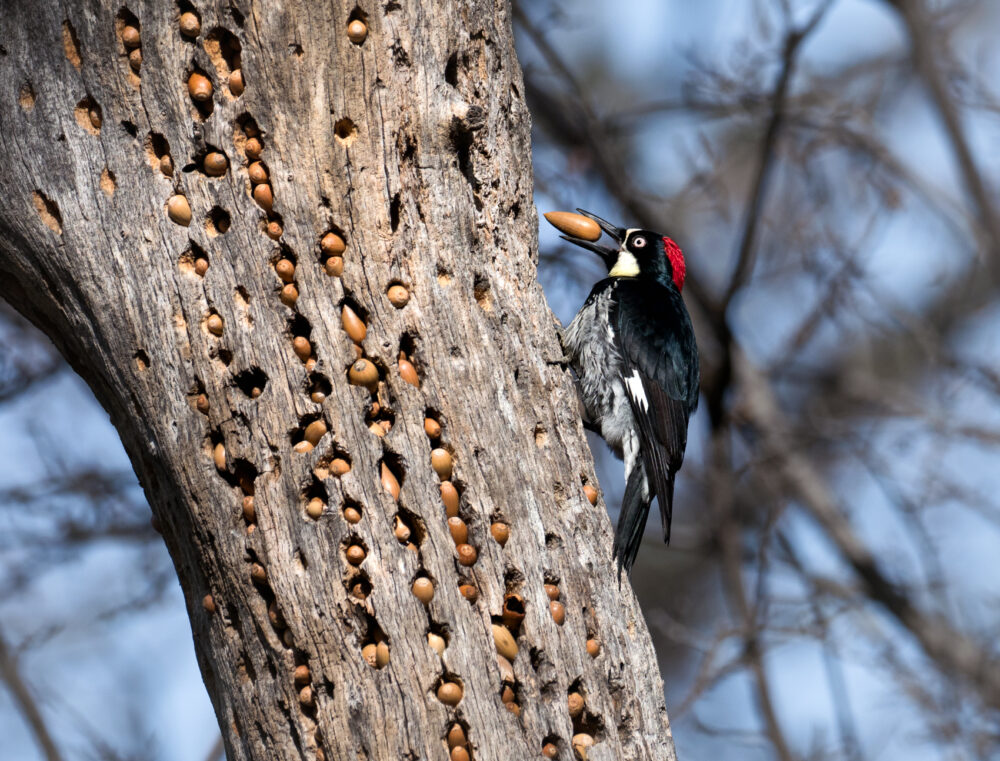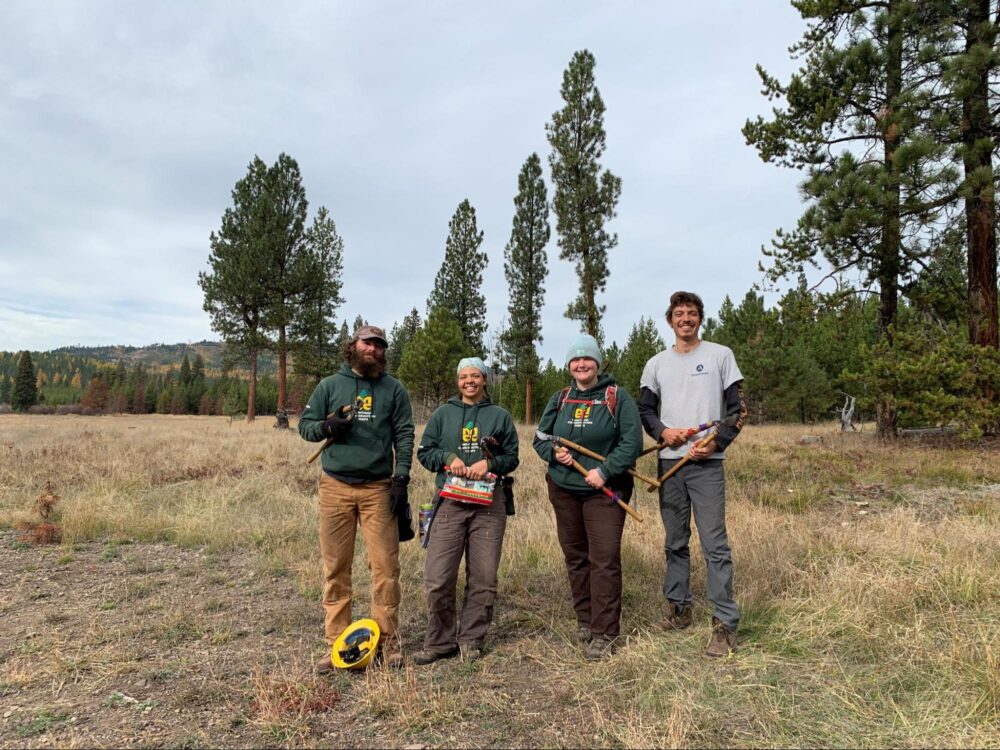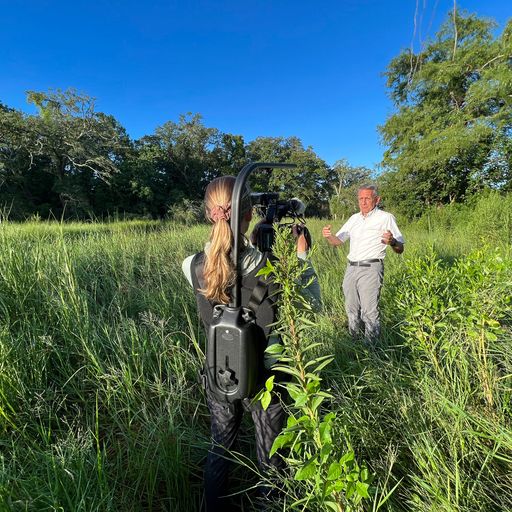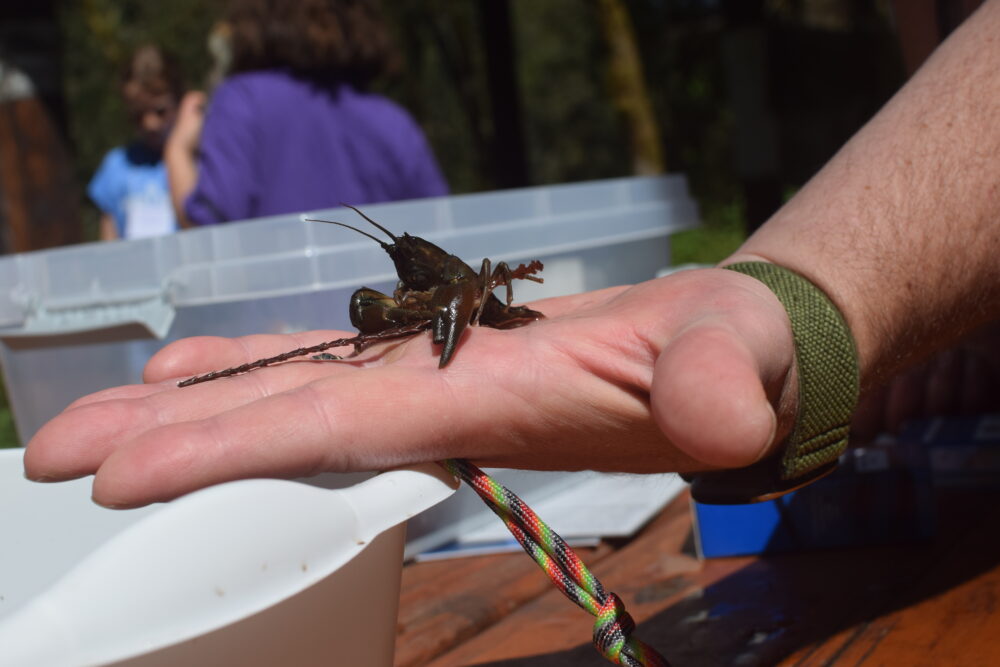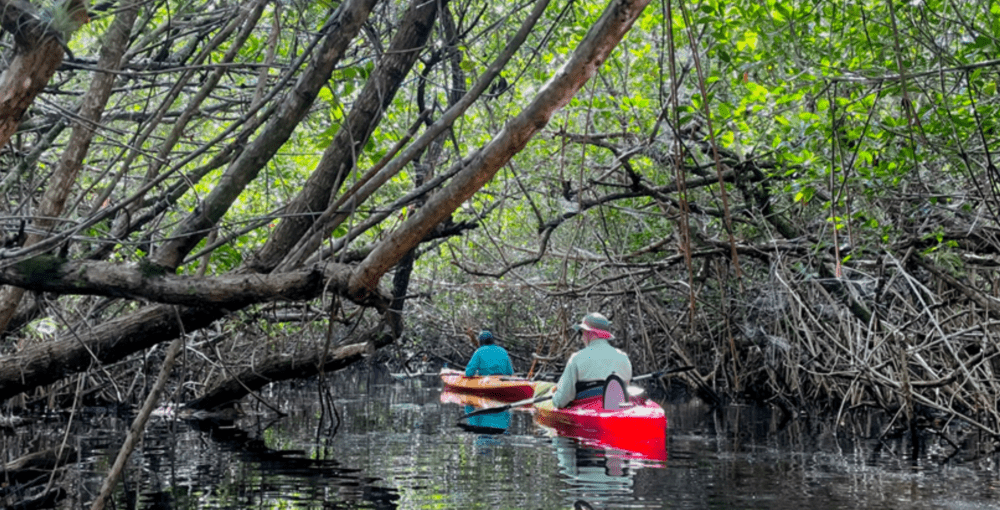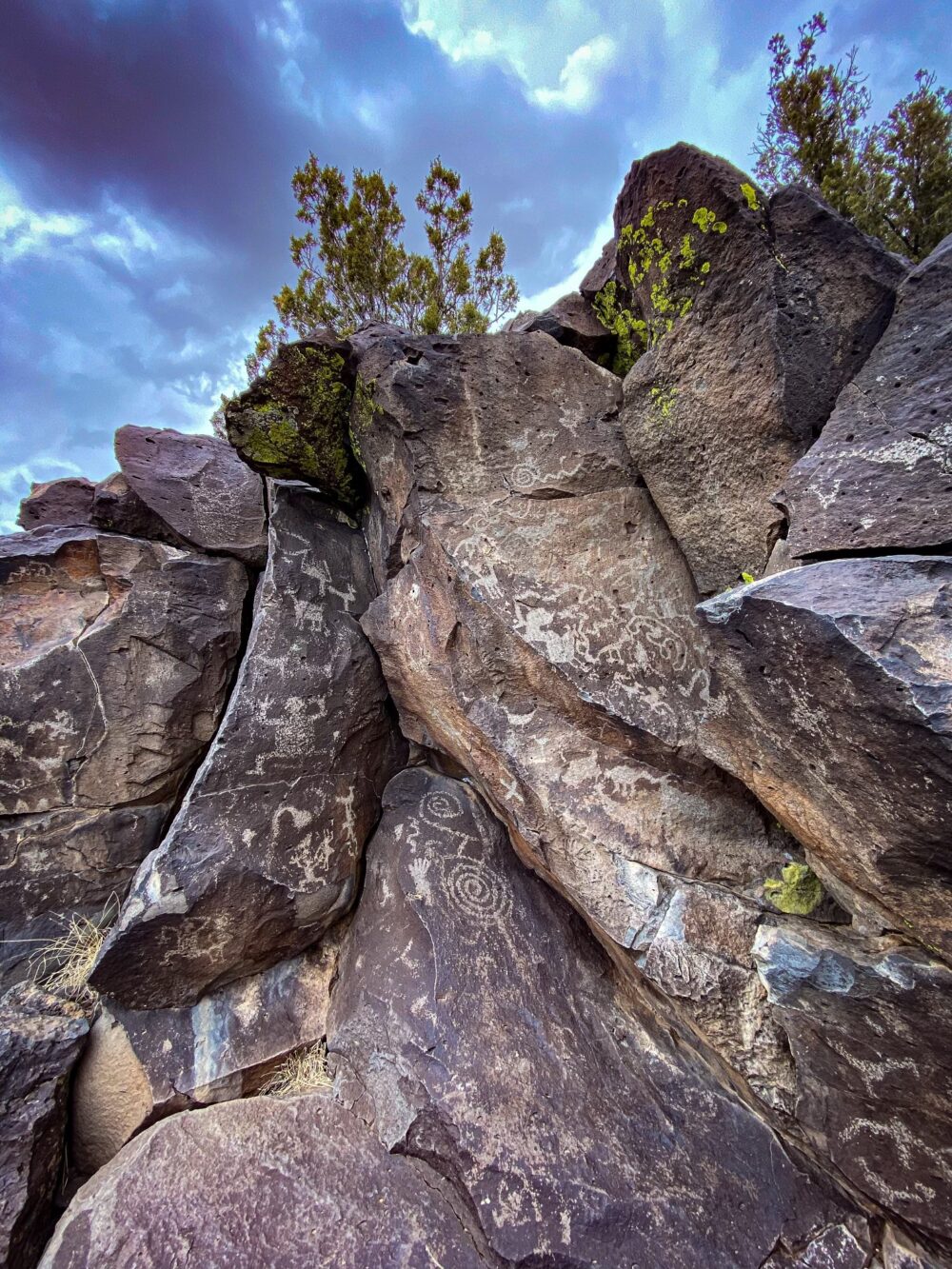We have much more to do and your continued support is needed now more than ever.
A Win For Outdoor Recreation Marks a Win for Wildlife!
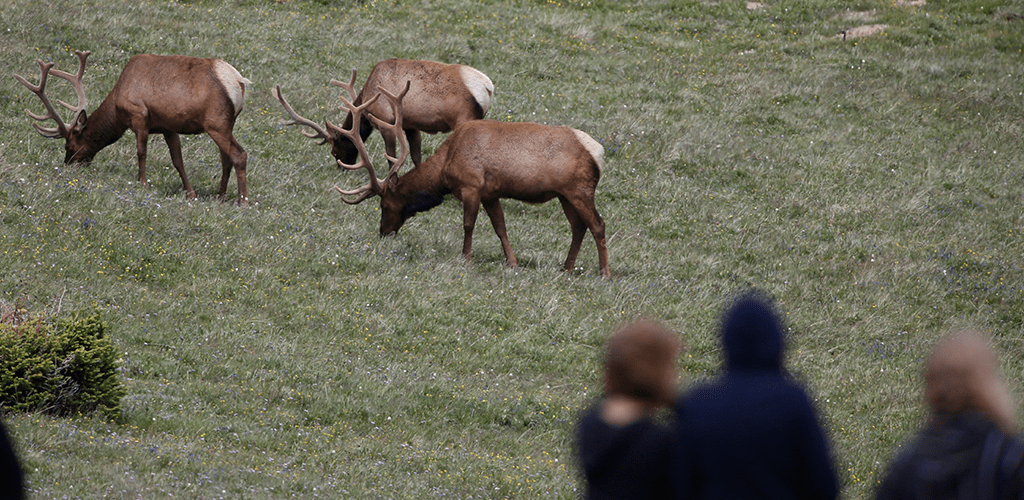
Doesn’t sound exciting? Wondering how that helps our land, water, air, and wildlife? Just bear with me. Much of outdoor recreation takes place on our public lands, which are also home to many of our country’s wildlife, including some of the largest elk and mule deer herds, moose, grizzly bears, eagles, trout, and more. These are species that will need more space as climate change places more stress on our lands and waters.
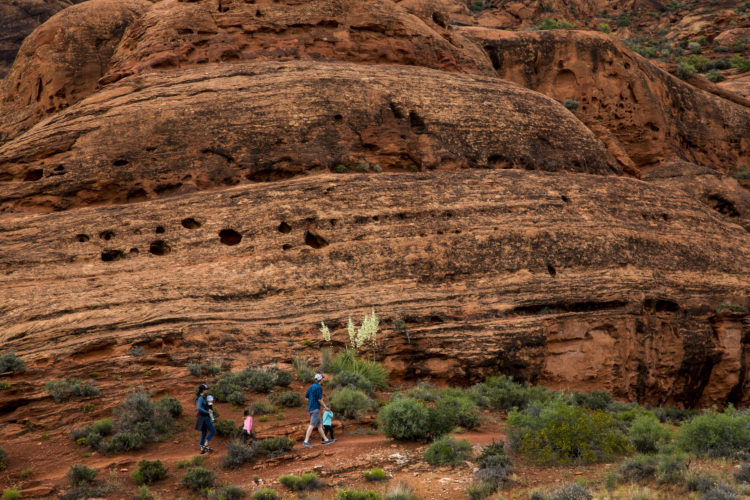
The outdoor recreation industry contributes $646 billion to our national economy annually, supports 6.1 million direct American jobs, and generates $80 billion in federal, state, and local tax revenue, according to the Outdoor Industry Association. Its economic impact is almost as much as the pharmaceuticals and automotive industries combined – and yet, its contribution to the nation’s bottom line hasn’t been part of our national economic calculus. Until now.
In what the Denver Post called “a moment of rare solidarity,” the U.S. Senate and House of Representatives have each unanimously passed the Outdoor Recreation Jobs and Economic Impact Act. The bipartisan Outdoor REC Act will include the outdoor recreation industry – from makers of outdoor gear and apparel to recreation providers – as part of the U.S. Gross Domestic Product (GDP).
Adding the contributions of the outdoor recreation industry to the calculations of our GDP, one of the primary indicators of the health of our country’s economy, may not seem thrilling, but it’s actually ground-breaking news. Why? Because despite the size and strength of the outdoor recreation economy, until this bill becomes law, the federal government is not able to consider the economic benefits of outdoor recreation when making decisions that impact outdoor recreation, be it regulations of the outdoor industry or how to manage recreation on our public lands.
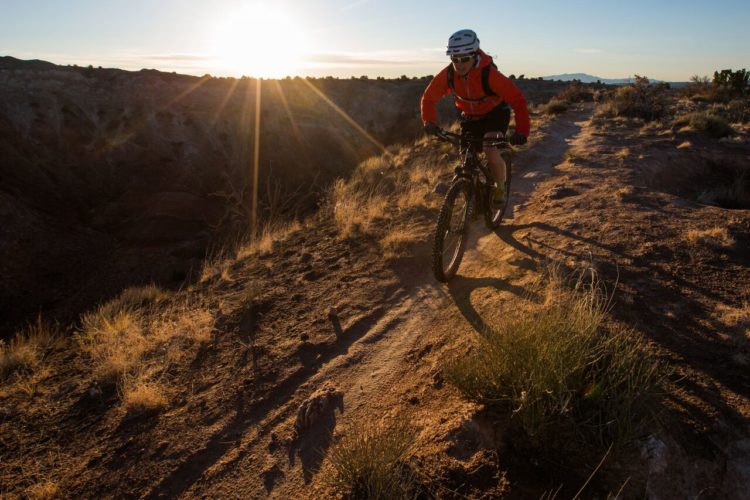
With the passage of the Outdoor REC Act, now decision-makers in the federal government will have concrete, federal data at their disposal to help better inform decisions that could impact outdoor recreation and the land, water and air it relies on to remain a healthy industry. “Policy makers need to see the full picture of the role that outdoor recreation plays in supporting jobs and economic growth, and craft policy accordingly,” said one of the Outdoor REC Act’s original co-sponsors, Senator Jeanne Shaheen (D-NH). Senator Cory Garner (R-CO), also a co-sponsor, called the Outdoor REC Act “a commonsense, bipartisan bill.”
The Outdoor REC Act is “a critically important step in helping the nation understand just how valuable our segment of the economy is,” according to the Director of the Colorado Office of Outdoor Recreation Industry, Luis Benitez. Additionally, this act is also likely to help bolster support for protecting our public lands, where much of our outdoor recreation occurs. According to Benitez, our national public lands are a “cornerstone of the ecosystem” that makes up the outdoor industry.
Jessica Wahl, the Outdoor Industry Association’s Government Affairs Manager, expressed hope that the official government data on the outdoor recreation economy “might change the way some people think about outdoor recreation and our public lands.”
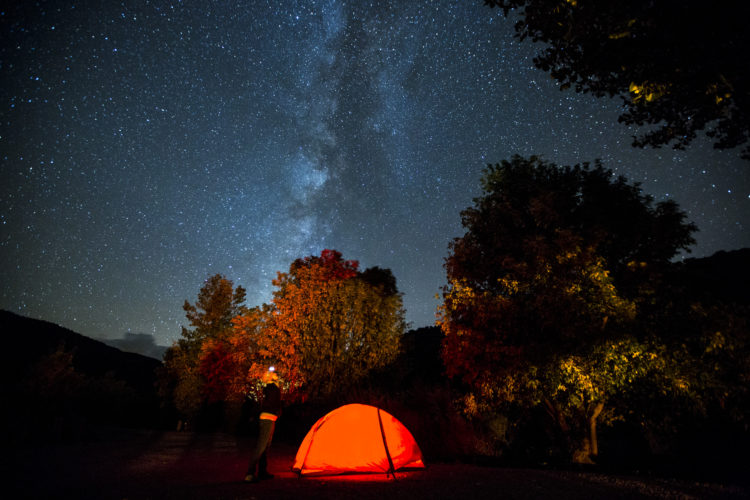
From our national parks to wildlife refuges, these lands are owned by all Americans, and are home to some of our greatest recreation opportunities. Public lands are a central part of the economic benefits of the outdoor recreation industry, helping boost national, local, and state economies and communities. The Outdoor REC Act will help our public land management agencies, like the National Park Service and the U.S. Forest Service, consider the economic benefit of activities like hiking, skiing, fishing, and more when making decisions about how to manage our public lands.
The bottom line is that outdoor recreation relies on our public lands, and is now a voice our leaders can no longer ignore. This Act will demonstrate the strength and importance of the outdoor recreation industry, while also highlighting the value of the land and water on which outdoor recreation occurs. As Luis Benitez noted, “it is hard to argue with an economy that helps get people outside, keeps them healthy, and offers them the immense opportunity to enjoy our natural resources.”
Retweet the following to show your support:
Outdoor recreation bill for @POTUS to sign is a huge win for #wildlife. Thank you @SenCoryGardner, @SenatorShaheen! https://t.co/L9DjydiCZX pic.twitter.com/xToEs3fhBN
— Wildlife Action (@wildlifeaction) December 2, 2016


